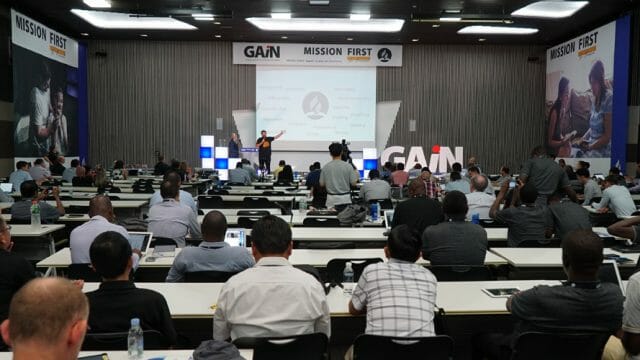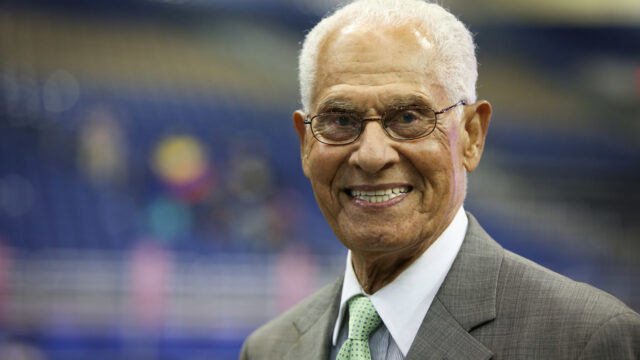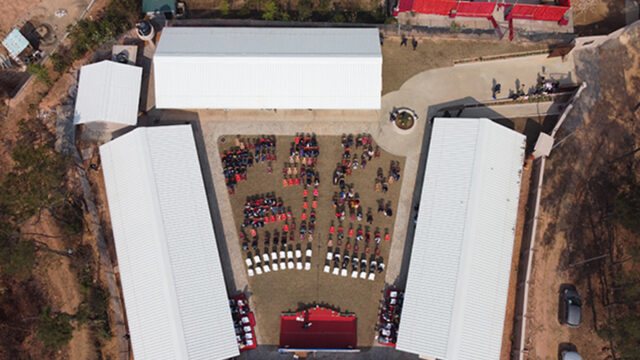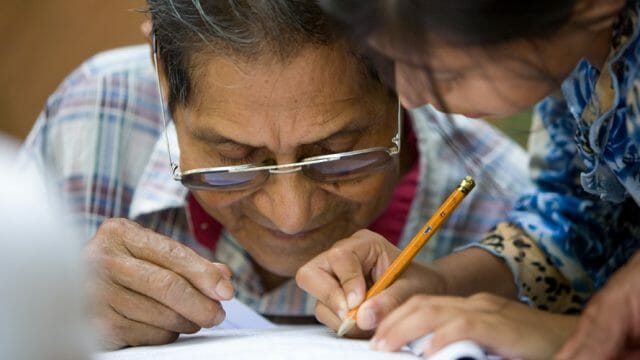In the Philippines, Adventist scholars discuss state of affairs, suggest a way forward.
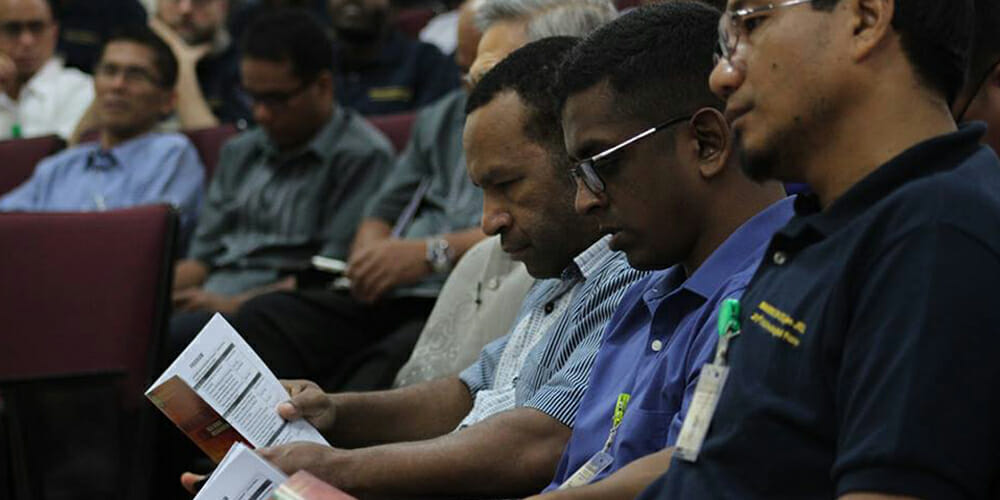
At the 21st AIIAS Annual Theological Forum, held at the Adventist International Institute of Advanced Studies (AIIAS) in Silang, Cavite, Philippines, regional and international Adventist scholars addressed the issue of discipleship and disciple-making to gain a deeper understanding of Jesus’ commission for all believers. The event brought together almost 350 theologians, pastors, and administrators, November 8-10, 2018.
“Baptism Is Just the Beginning”
Plenary speaker G. T. Ng, executive secretary at the Adventist Church headquarters, cautioned against making baptism the ultimate goal of what the Bible calls the Great Commission, the call of Jesus in Matthew 28 to make disciples. “The end product of the Great Commission is not to baptize but to disciple. Baptism is just the beginning of the story,” Ng emphasized. “After baptism, teaching continues until the church becomes a disciple-making church.” Ng urged participants to make discipleship the strongest feature of the church.
Besides Ng, guest speakers included Biblical Research Institute associate director Ekkehardt Mueller; Andrews University professor Joseph Kidder; and Southern Asia-Pacific Division (SSD) vice-president for Nurture, Discipleship, Reclamation, and Integrated Evangelism Bienvenido Mergal.
Throughout the three-day event, several forum presentations emphasized the need to balance the quantitative concern with qualitative checks that will help the church fulfill the Great Commission.
Chair of the forum committee Remwil Tornalejo noted that disciple-making is a relevant topic in the context of church growth and membership retention. By having participants from different disciplines, he said, everyone has a better grasp on this vital topic.
According to AIIAS professor of Intercultural Studies and Missiology Cristian Dumitrescu, “The assumption that everyone knows what discipleship is and how it should be done is not warranted.”
Pointing to the encouraging turnout at the conference, Tornalejo noted the positive responses of participants from unions and institutions within the Southern Asia-Pacific (SSD) territory, which includes the Philippines.
“Through the theological forum, AIIAS shares biblical, theological and practical insights of what is the essence of the church existence — to do mission,” he said. “Participants can engage in a dialogue with the presenters and other participants. Thus, they will be able to catch the vision and mission of the church and resonate this to their respective ministries.”
Participants’ Feedback
Among conference participants, a consensus emerged for the need to make discipleship central again in Adventist theology and practice. Pastors and administrators present at the meetings concluded that the loss of membership was not to be blamed solely on those who left the church but also on the church’s desire to meet baptismal goals. The Great Commission and other messages of the Bible indicate that careful instruction before baptism and continuous growth after baptism are necessary, they said.
According to AIIAS Seminary dean Ricardo González, “Everybody in the church has a practical role in the Great Commission. Discipleship is a task given to the Adventist Church, to reproduce in this world the life, message, and testimony of Jesus.”
Participants unanimously concluded that changes are needed in the overall mission strategy to improve effectiveness and faithfulness to God’s missionary calling. “We have also agreed to oppose unbiblical methods of discipleship and realize that approaches focusing on numerical growth come with a cost to the kingdom of God,” they said.
The original version of this story appears on the AIIAS news page.



